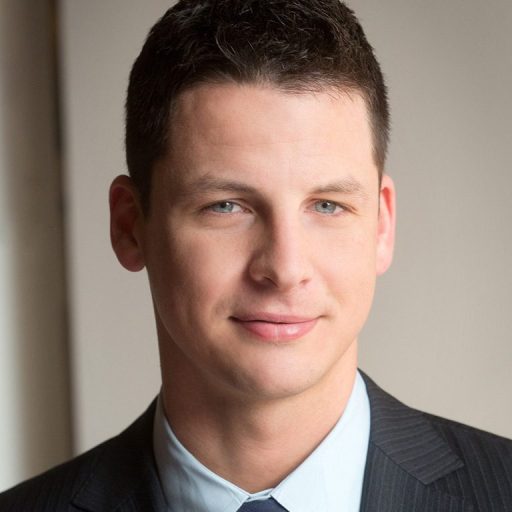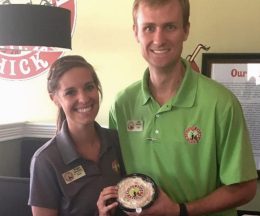Aaron-Michael Sapp, Cheng Cohen Litigator, on Franchising and the Law

I first heard of franchising during law school. A professor warned us that we’d overlook certain niche practices—most notably, franchise law—to chase less fulfilling careers in more widely known areas. He was almost right.
After struggling through the busy, yet often aimless, practice of a young litigator at a large business litigation law firm, I found salvation at Cheng Cohen LLC—the franchise industry’s full service boutique law firm. Now I just had to learn what, exactly, franchising was and how I could help. To that end, I attended the International Franchise Association’s Legal Symposium, where, for the first time, I heard franchising described as “building your brand with someone else’s capital.”
That description resonated with me, and I considered how that general concept may appeal to our generation more than any before us. After all, the corporate titans of our parents’ and grandparents’ generations—auto manufacturers or big-box retail outlets—were massive operations that owned lots of offices, factories, warehouses, and the like. By contrast, some of today’s fastest growing and most highly valued companies—social media platforms or ride-sharing applications—don’t even maintain any inventory or own a single warehouse. Indeed, in the case of social media sites, the business creates the concept and the end-users supply the content. Or in the case of ride-sharing applications, the business provides the technology and the drivers supply the cars. And while none of these is an example of franchising, the same license relationship, or, put another way, the emphasis on the right to use as opposed to the need to own, is at the heart of franchising.
Well, I thought after the conference concluded, that all sounds great. But, I contemplated further, what happens when…? Suddenly, I realized where I fit in.
Ideally, you are going to create the perfect concept and recruit motivated franchisees who believe in that concept and build your presence in areas throughout the country and even around world. Franchise lawyers, like the ones at Cheng Cohen, are part of making that happen. Whether it’s steering you through state registration or compliance issues or drafting the franchise disclosure documents, franchise agreements, and related agreements that form the framework of your entire franchise system, franchise lawyers breathe life into your concept and nurture it as it grows.
My role as a litigator, however, is to step in when conflicts arise. What happens when a franchisee thinks it knows how to use your concept better than you? Or learns the ins and outs of your system and then uses that information to create a competitive one? What happens when a franchisee simply changes its mind and shuts down the franchised business long before it agreed to and well before you’ve recovered your upfront expenses in helping it open the business?
In the years since that first conference, I’ve handled disputes like these, and many others, on a daily basis. The lack of purpose I mentioned from my prior practice has been replaced by a keen awareness that what I do is bigger than just the specific dispute I’m handling, or even the specific client involved in the dispute. In doing my best to represent my clients’ interests in each dispute, I am also serving the franchise industry as a whole and protecting the business model that, over the past 50 years, has provided growth and expansion to innovative and creative concepts, business opportunities to franchisees, and quality goods and services to consumers, and added innumerable jobs to the national and international economy.
Since joining Cheng Cohen LLC in 2012, Aaron-Michael has concentrated his practice on franchise and distribution disputes, and he has represented franchisors, licensors, and manufacturers in a wide variety of matters in state and federal courts and in arbitrations across the country. He graduated with highest distinction from the Michigan State University College of Law and the Miller College of Business at Ball State University.



